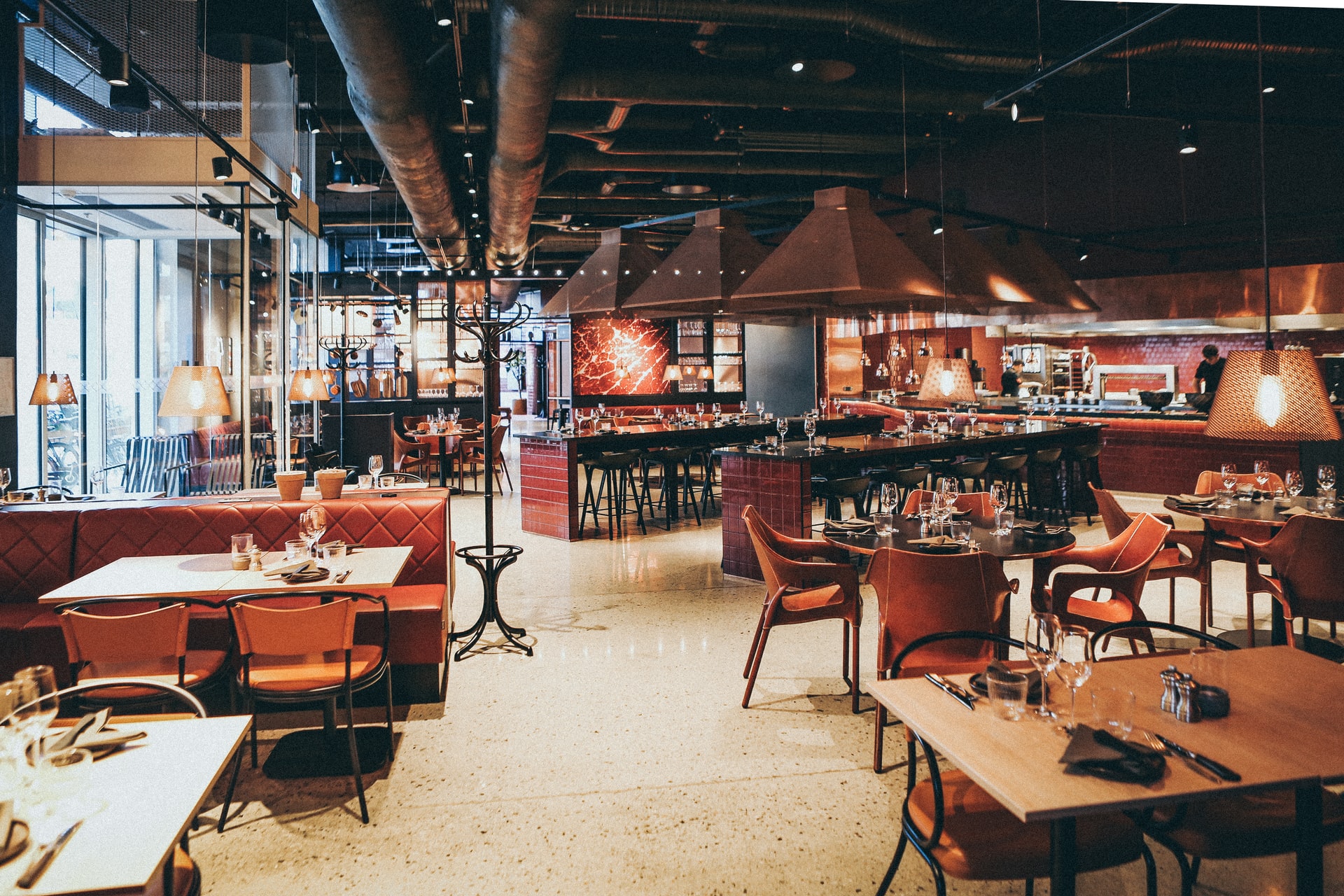When you’re running a restaurant, it’s inevitable that a time will come when you’ll need additional financing to advance your business operations. Whether you’re planning to secure an emergency fund, investing in marketing strategies or opening another location, you’ll need an additional boost in capital to afford such business initiatives.
So now you need the financing and you plan to apply for a loan. You’ll need to prove to the lenders why you should be approved for it, which isn’t always easy. A well-written business plan for a restaurant loan could be the key to earning this approval from banks or alternative lenders. Maybe you’ve never made a business plan before? We got you covered.
Here are the five things lenders definitely want to see in your restaurant’s business plan:
1. Business History
Lenders will want to know how you built your restaurant from the ground up, and what prompted you to open it in the first place. This includes the unique challenges you’ve faced and the steps you’ve taken to overcome those hurdles. The restaurant business is anything but easy, and even the most successful establishments face ongoing challenges. Don’t assume that lenders only want to see the wins. Demonstrating your company’s resiliency during difficult times is just as important. How have you turned a loss into a win? It’s all about showing your commitment to the business and its overall success.
2. Market Analysis
Creating a comprehensive marketing analysis will show lenders your knowledge and complete understanding of your restaurants’ market. Knowing how crowded the hospitality industry is, the lenders want to see that you know how to make your restaurant stand out and generate profit. Essentially, they want to feel assured that if they approve you for the loan, you’ll be able to repay it.
The marketing analysis section of your business plan should provide lenders with an idea on the following:
- Your target customers data
- Market size
- Your restaurant’s unique selling point
- Marketing strategies
- Risks associated with entering the food industry
From there, lenders will gain valuable insights as to how you’ll manage your business to ensure that it stays profitable despite the tough competition. Be sure to explain your analysis in a clear and detailed way. You’d be surprised by the sheer number of loan applications that are denied due to vague and incomplete marketing analysis.
3. Purpose of the Loan
You’ve given the lenders a glimpse of the market, now you have to show them why you need a loan. They want to know how and where their money is going to be used. Whether it’s purchasing a couple of ovens or opening a second restaurant location, be sure to provide a detailed summary of the project you intend to spend the money on. Furthermore, explain how this specific business initiative will benefit the overall business. Be as specific as possible. You never want to leave them guessing.
You also need to provide a realistic estimate of the amount you’re looking to borrow. Provide them with a breakdown of the project costs and use it to generate an estimate. Make sure your estimations are aligned with the financials reflected in your business plan. Deviating away from the estimate will raise a red flag to the lenders and will hurt your chances of being approved.
4. Cash Flow Projections
Among the most important parts of your business plan that banks in particular will review, is your restaurant’s cash flow projection. The point of this is to show them that the amount of inbound cash you anticipate will be enough to fulfil your loan repayments. Your cash flow projection should be supported by the current industry trends, your past sales, and if possible, your competition’s sales.
Consider seasonal changes when creating your cash flow projection. You should be able to show lenders how the ups and downs in your market could impact your cash flow throughout the year. This will provide more granular insight into your company’s profitability so lenders can see whether or not you’ll be able to meet loan repayments during each season.
5. Collateral
Providing a list of assets that can serve as collateral will likely improve your chances of restaurant loan approval. When you offer up collateral, it lowers the lender’s risk for giving you the loan. Not only are they more likely to approve you for it, but they may also offer better terms and lower interest rates. This would, in turn, make it easier for you to make repayments. The collateral could be restaurant equipment or stocks in the company. If you’re the sole proprietor, it could also be your own personal property like a house or vehicle.
Creating a Business Plan for Restaurant Loans: Is it Worth It?
The short answer is yes. A business plan for restaurant loans is a vital document that will improve your chances of getting approved for financing. With one, the lenders will get an idea of how your business works and how you plan on managing your restaurant and making profits out of it. It’s a vital tool that will help banks and lenders determine the potential of your business and whether or not you’re worthy of the loan approval.
Menjual Nilai
Rumzz is a digital strategist and content marketer. She enjoys spending time with her family. She loves to go out and experience new moments whenever they came to light. Rumzz discovers satisfaction in investigating new subjects that help to extend her points of view. Follow her on Twitter.



















